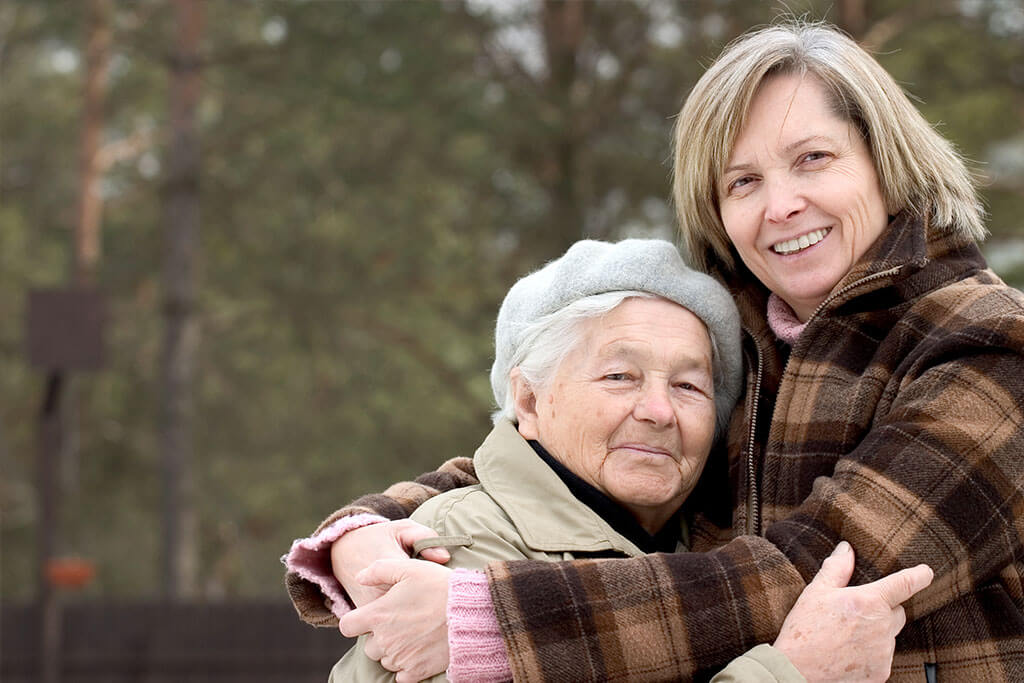As your loved one changes when aging, the way the both of you communicate will inevitably change as well. How do you as a family member or friend engage in healthy communication with your elderly loved one? Here are some tips to ensure fruitful talks with your loved one from here on out.
Be Patient
This is always rule number one when communicating with an elderly loved one, no matter who it is. The most valuable thing you can do is be patient and understanding, so make sure that your attitude reflects that when speaking to your loved one.
Being patient is especially important when your loved one has a health complication, regardless of whether it involves cognitive or physical impairment. For example, if your loved one has memory loss issues, you should be prepared to repeat some things you say and not show any frustration or irritation at their forgetfulness.
Don’t Get Distracted
Important conversations require an appropriate place and time. Hence, try to eliminate distractions during a conversation for the sake of both you and your loved one. Interferences such as background noise can be tough, particularly for hearing-impaired older adults.
You can prevent this by changing your location, turning down the volume of any music you’re playing, and doing other considerate actions. By showing that you are taking steps to make it easier for them to understand you, your loved one will appreciate the quality time you’re spending together.
Body Language Is Key
There are various ways to communicate with more positive body language for yourself when speaking to your aged loved one. It helps you to convey your intentions and messages properly, while also making it easier for your loved one to keep up with the pace of the conversation. Some examples of positive body language you can display are:
- Making eye contact with your loved one
- Using visual aids such as hand signs or pictures to supplement your words
- Having an open posture
- Adopting a relaxed and positive facial expression
Adjust Your Speaking Habits
More elderly-friendly speaking habits can also contribute greatly to making communication with your loved one more effective. Such behaviors include:
- Summarising important pieces of information
- Articulating clearly when speaking
- Making clearer shapes with your mouth, so it’s easier to read your lips
- Speaking louder than your usual indoor voice
- Speaking slowly so that your elderly loved one can process your sentences
These indicators contribute to how well your loved ones can process the information you’re conveying to them. Furthermore, it prevents them from feeling confused or uncomfortable, and you from getting frustrated at their inability to understand you.
Be an Active Listener
Of course, communicating is a two-way street. Not only do you have to speak well, but you also have to listen well. One important reminder is not to interrupt your elderly loved one when they’re in mid-sentence. To take it a step further, you can show active listening by responding with short affirmations (“I see”, “sure”, nodding your head). This keeps the discussion focused, and makes your loved one feel heard.







